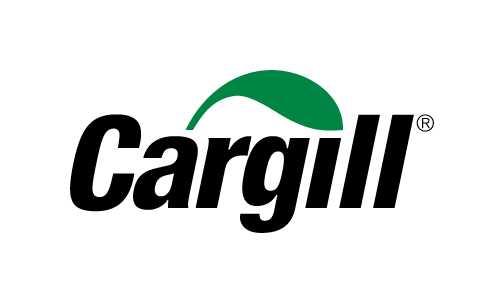AMSTERDAM, The Netherlands – Cargill’s cocoa & chocolate business has established its own licensed buying company (LBC) following the successful application for a licence from the Ghanaian Cocoa Board (Cocobod).
The new LBC is now fully operational and Cargill has purchased its first consignment of beans directly from cocoa farmers in Ghana, with around 30,000 farmers already registered with the LBC.
By directly sourcing the beans, the company is now able to diversify the way it sources sustainable beans and rolls out the Cargill Cocoa Promise more effectively to better serve its customers.
“Direct sourcing of certified beans from farmers via our own LBC in Ghana is an exciting new business model for us”, said Lionel Soulard, Managing Director West-Africa, Cargill Cocoa & Chocolate: “Cocoa sustainability is at the heart of our global growth strategy for cocoa and chocolate.
Developing a direct sourcing capability in the world’s second largest cocoa producing country means we will be better placed to meet growing demand for sustainable, certified cocoa.
“We are confident this business model will add value at every level particularly for farmers who, as a result of working directly with us, will make a better living out of cocoa farming, and we are really proud of this development.”
Cargill has been operating a cocoa processing plant in Ghana since 2008. The move to direct sourcing of cocoa via its 60 strong team in the country reflects the company’s commitment to growing the business in Ghana.
It will also enable a more direct approach to supporting more productive, profitable and sustainable farms.
The new purchasing model will be fully sustainable and fully certified. By operating its own LBC, Cargill will implement high standards of safety, integrity and quality throughout the supply chain in Ghana.
“We already source directly from cocoa farmers or farmer organisations in the other cocoa producing countries in which we operate. By moving to this model in Ghana we will be much better positioned to fully implement the Cargill Cocoa Promise.
“This means expanding our sustainability activities to enable farmers to benefit from premium payments for certified sustainable cocoa beans.
Farming communities will also be able to benefit from training, community and farm development support which will also help with improving their livelihoods.
For example around community support, we will be building four new schools to serve the children of cocoa farmers in the four districts where we will operate.
“It is our objective to work hand in hand with the Ghanaian authorities to improve the livelihoods of cocoa communities for generations to come”, concludes Lionel Soulard.

















 CAPS: the new proprietary system using capsules made of 85% recycled aluminium
CAPS: the new proprietary system using capsules made of 85% recycled aluminium